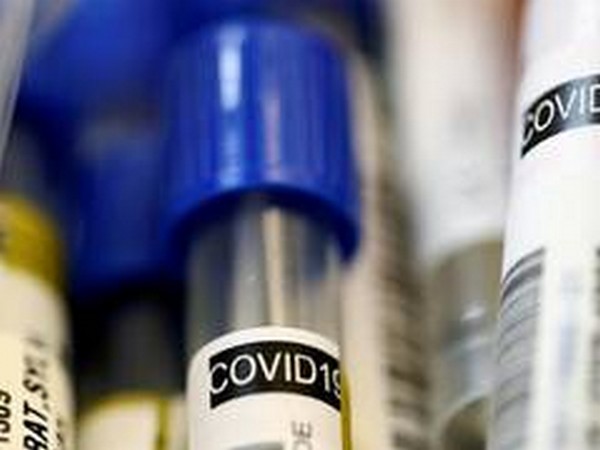Science News Roundup: Scientists focus on how immune system T cells fight coronavirus; Scientists warn of potential wave of COVID and more
Virus tricks the body into attacking brain; common heartburn drugs linked to coronavirus risk The following is a brief roundup of some of the latest scientific studies on the novel coronavirus and efforts to find treatments and vaccines for COVID-19, the illness caused by the virus.

Following is a summary of current science news briefs.
Scientists focus on how immune system T cells fight coronavirus in absence of antibodies
As scientists question whether the presence, or absence, of antibodies to the novel coronavirus can reliably determine immunity, some are looking to a different component of the immune system, known as T cells, for their role in protecting people in the pandemic. Recent studies show that some recovered patients who tested negative for coronavirus antibodies did develop T cells in response to their COVID-19 infection. While the studies are small and have yet to be reviewed by outside experts, some scientists now say that people who experience a mild illness, or no symptoms at all, from the new coronavirus, may be eliminating the infection through this T cell response.
Study shows ancient contact between Polynesian and South American peoples
New genetic research shows that there was mingling between ancient native peoples from Polynesia and South America, revealing a single episode of interbreeding roughly 800 years ago after an epic transoceanic journey. The question of such contact - long hypothesized in part based on the enduring presence in Polynesia of a staple food in the form of the sweet potato that originated in South and Central America - had been keenly debated among scientists.
Scientists warn of potential wave of COVID-linked brain damage
Scientists warned on Wednesday of a potential wave of coronavirus-related brain damage as new evidence suggested COVID-19 can lead to severe neurological complications, including inflammation, psychosis and delirium. A study by researchers at University College London (UCL)described 43 cases of patients with COVID-19 who suffered either temporary brain dysfunction, strokes, nerve damage or other serious brain effects.
Virus tricks the body into attacking brain; common heartburn drugs linked to coronavirus risk
The following is a brief roundup of some of the latest scientific studies on the novel coronavirus and efforts to find treatments and vaccines for COVID-19, the illness caused by the virus. Coronavirus tricks the body into attacking the brain
(With inputs from agencies.)
- READ MORE ON:
- South America
- Central America
- University College London
- COVID-19










